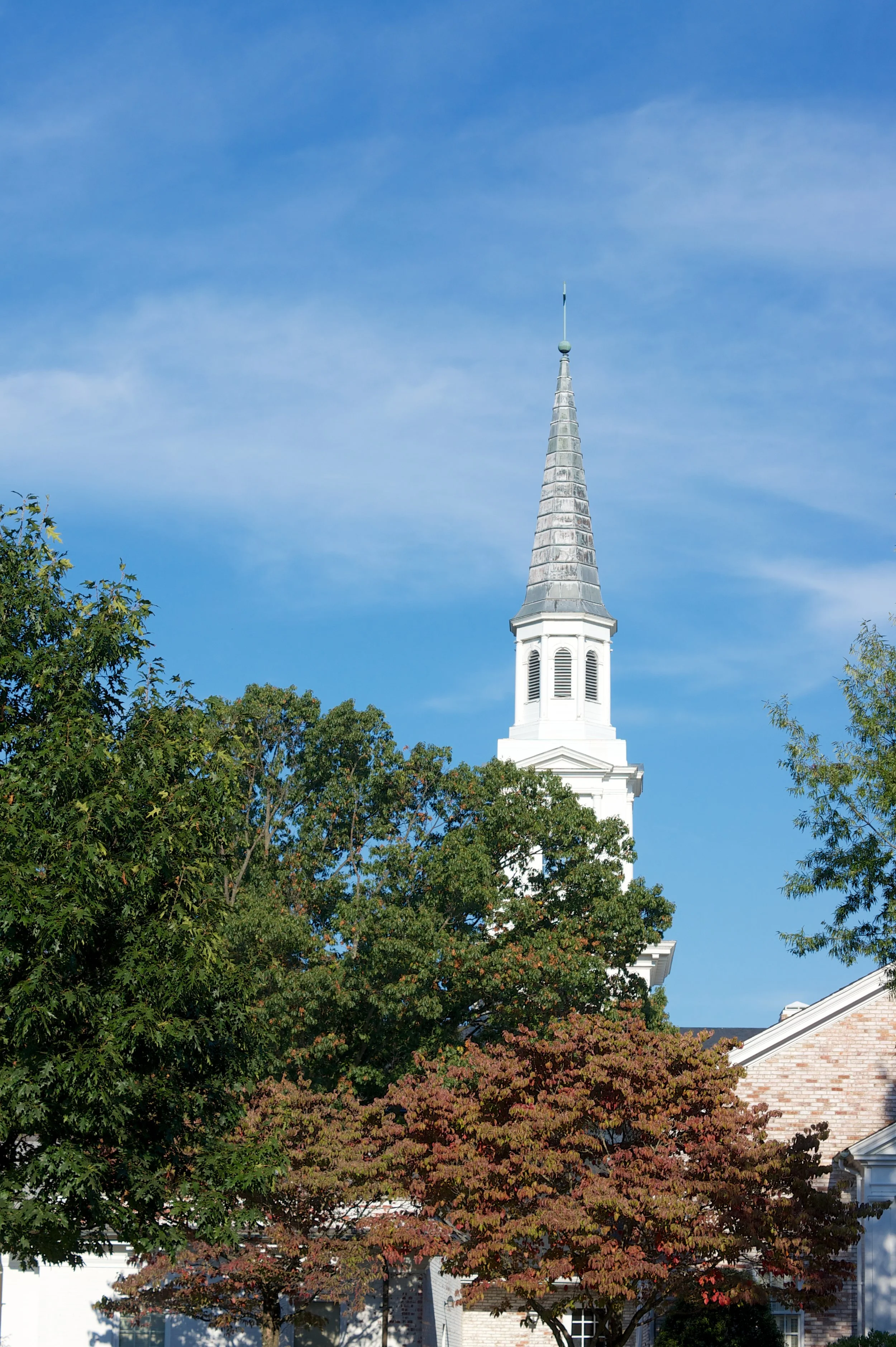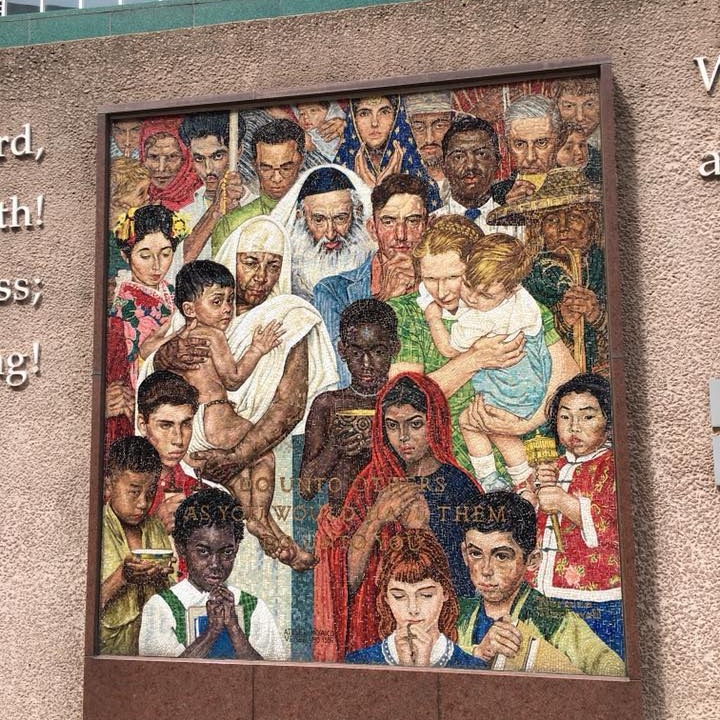Synopsis: On Trinity Sunday, we hear two distinct images from Proverbs and John bubbling up from the scriptures to spark our imaginations about the invisible, ineffable, eternal Trinitarian family. The image of the woman as the feminine “sophia” wisdom incarnate, begotten before Creation, and eternally dancing in communion with the Creator, sounds mysteriously like the masculine “logos” word in the Gospel of John. The biblical vocabulary describing the eternally mysterious Trinity is illuminated by these images of feminine wisdom and masculine word, to remind us that God is neither male nor female, but gender identity finds it’s genesis in God, who exists eternally in loving, familial-like relationships. The traditional Trinitarian formula of Father - Son - Holy Spirit is not about the gender of God (God is not male, and men are not more like God), but to the nature of the relationships which exist within the Trinity. We use the language of family to describe the Trinity because there is no more intimate, complex, and enmeshed relationship than the connect of the family system (for good or ill). As members of the “household of faith,” we are called to participant in the great family circle of the Holy Trinity by being church family to one another. The metaphors are not meant to hinder, but help us reframe family membership in God’s New Family where everyone is welcome regardless of status, identity, or lineage. This is why the biblical mandate is repeated so often to protect orphans (those without parents), widows (those without spouses or children), the poor (those without a support system), and immigrants (those without a homeland). We are call to be the new human family God is creating through Trinitarian love and Resurrection life.











